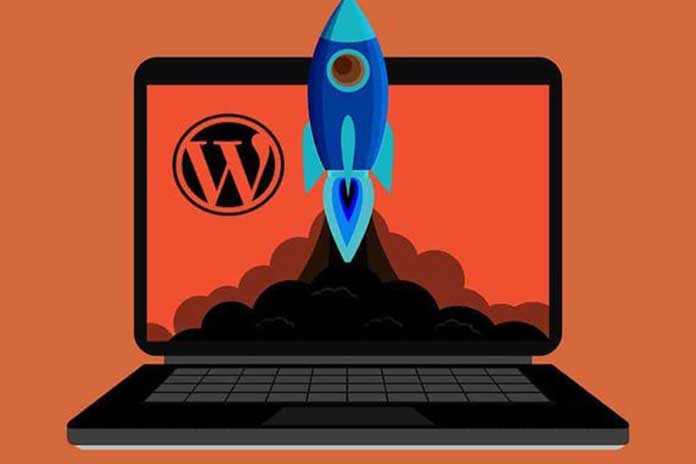No matter your website’s platform, you’ll find pages that load quickly, help with SEO, improve user experience, and increase views. This guide will teach you some essential tips to optimize WordPress speed specifically.
Most Frequent Causes of Low Speed
Establishing the cause of low speed is critical to improving performance. The most frequent reasons include subpar or inadequate web hosting, plugins, page size, configuration, and external scripts. If the WordPress site has been configured in a way that doesn’t serve cached pages, the server will be overloaded, reflecting on the speed. In fact, the site might even crash.
Poor configuration of the server itself can also harm website speed. What’s more, you need to optimize images to prevent loading speed from dropping. External scripts like ads and font loaders can impact website performance immensely.
Finally, a badly coded plugin can be very damaging to your site.
Also Read: How To Optimize Your Website To Boost Customer Engagement
A Caching Plugin as the Solution
Your average WordPress tutorial for speed optimization will start with the need for a caching plugin. The system will create a WordPress page whenever you get a visitor to a post. A few steps are taken to find the information needed with each visitor. The system compiles and displays this information to the visitor each time.
You can expect to have numerous visitors – in fact, that’s probably the purpose of your site. Gathering the information to display to each user every time will be detrimental to speed. This is the reason why sites use caching plugins, which can increase speed fivefold.
When the page loads, the plugin copies it. You don’t need to generate pages every time. Each subsequent visitor accesses the page’s cached version. You skip a few steps in the data retrieval process when using caching.
If you don’t, your server has to collect data from a MySQL database and PHP files. It summarizes the data and makes it available to users.
Optimize Site Performance With Images
Poorly optimized images can damage your site’s performance. Posts with visuals, ideally colored ones, are up to 80% more likely to attract attention. On the other hand, not just any image will work. Images that are not optimized for speed will inflict harm to an extent you shouldn’t overlook, especially if you’re just getting started.
You can choose from several pieces of high-quality photo editing software to optimize images for the web. Use the software before uploading an image to your website.
You can compress images and choose from different formats to reduce the size of the images, which can be very large and unsuitable in their original format. PNG and JPG are the most common image formats. PNG files are uncompressed, and JPG images are compressed. Uncompressed images are superior in quality, but your page will take longer to load. The basic rule to follow: use PNG format if you need a simple or transparent image and JPG for colorful images.
Update Your Site Regularly
Always ensure your site, themes, and plugins are current. Outdated versions of plugins and themes will render the website vulnerable to hacking. They will also – you guessed it – slow the site down. Backup plugins and crawling can also harm speed.
Run backup plugins only if traffic is low. If you only publish a few posts a week, performing daily backups is not necessary. In general, backup frequency should take website data volume into account.
If your site requires more frequent backups or ones that transpire in real-time, you’ll find a SaaS solution suitable. Increased search engine crawling makes errors more likely, slowing the site down to the point of becoming unresponsive. Check crawl reports in Google Search.
Also Read: How To Do SEO On WordPress?

